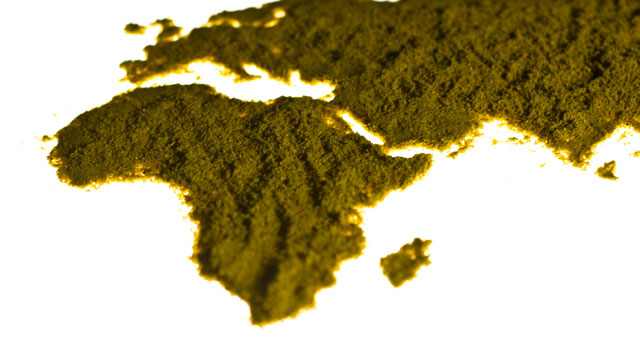
Feature phones dying? Not in Africa, they aren’t.
New research from International Data Corp (IDC) shows that shipments of feature phones in Africa in the second quarter of 2016 surged by 31,9% year on year, to 29,8m units.
At the same time, shipments of smartphones actually fell by 5,2%, to 23,1m units.
The figures are presented in IDC’s new “Worldwide Mobile Phone Tracker” and indicate, the company said, that the boom in smartphone sales on the continent is slowing.
Overall mobile handset shipments – smartphones and feature phones – were up slightly in the second quarter.
South Africa and the North African countries of Morocco, Algeria and Tunisia remain the most developed handset markets on the continent.
“In South Africa, the most striking change was the continued growth of the low-price smartphone segment, with devices priced below US$100 (retail price less VAT) now accounting for more than two-thirds of the country’s Android sales,” IDC said.
“This space has evolved after top-end sales became well established in the market courtesy of the country’s substantial post-paid segment, which is a rare feature of the operator environment in Africa.”
In Nigeria, the continent’s most populous country and biggest handset market, there was a sharp slowdown in growth in the second quarter, with total smartphone shipments down 6,8% year on year. Sales of 4G phones in Egypt, Africa’s second largest mobile phone market, surged in anticipation of the impending launch of LTE networks. Such phones accounted for almost twice as many shipments as 3G devices during the quarter.
However, in the extremely price-conscious markets of Sub-Saharan Africa (excluding South Africa), 3G phones remain the predominant choice. Transsion’s principal brands – Tecno, Infinix and Itel – continue to perform very well in this region, dominating feature phone sales while collectively accounting for the second biggest share of the sub-Saharan Africa smartphone market behind Samsung, IDC said.
The research firm said the smartphone market will continue to grow in Africa, particularly after the current commodities slump eases. However, sales are unlikely to reach the rates seen a year or two ago now that many urban markets are becoming saturated.
“Overall mobile shipments in Africa will top 200m units in 2016, equating to year-on-year growth of 7%, with smartphones accounting for a marginally higher share of the market than was the case in 2015,” it said.
Outside the cities, network connectivity is often basic, data speeds are much lower, and rural disposable incomes are often very low, said Simon Baker, senior regional programme manager for mobile phones at IDC.
“As a result, feature phone sales are proving to be resilient across Africa, and this will continue to be the case going forward. Despite downturns in many economies, Africa retains significant long-term growth potential when compared with other developing regions, particularly as smartphone penetration across the continent remains relatively low.” — © 2016 NewsCentral Media

